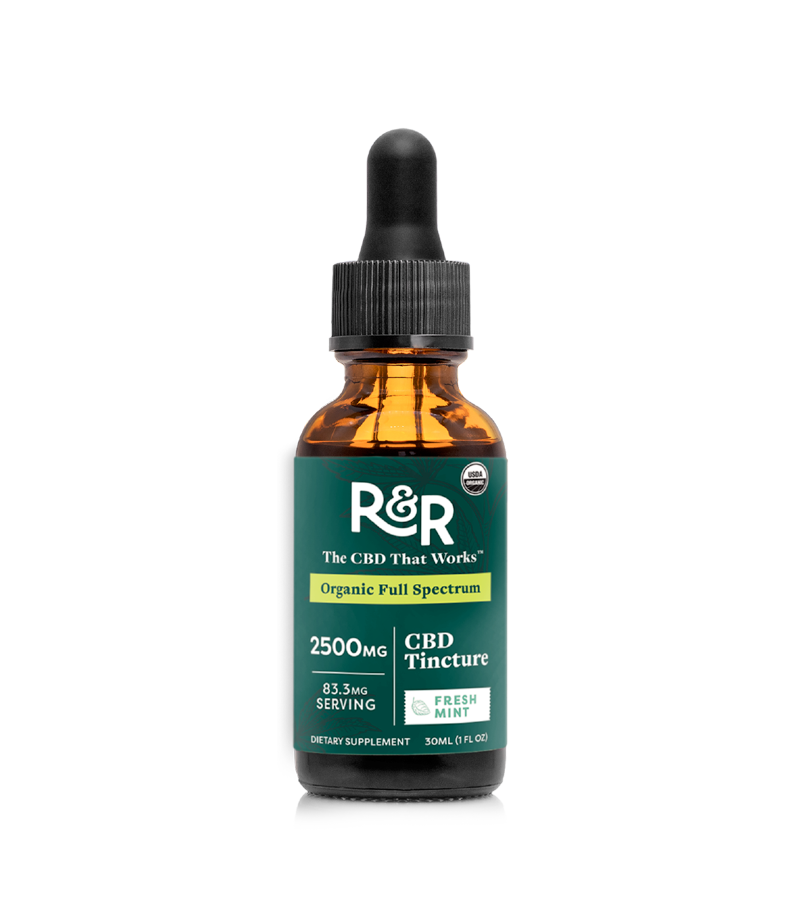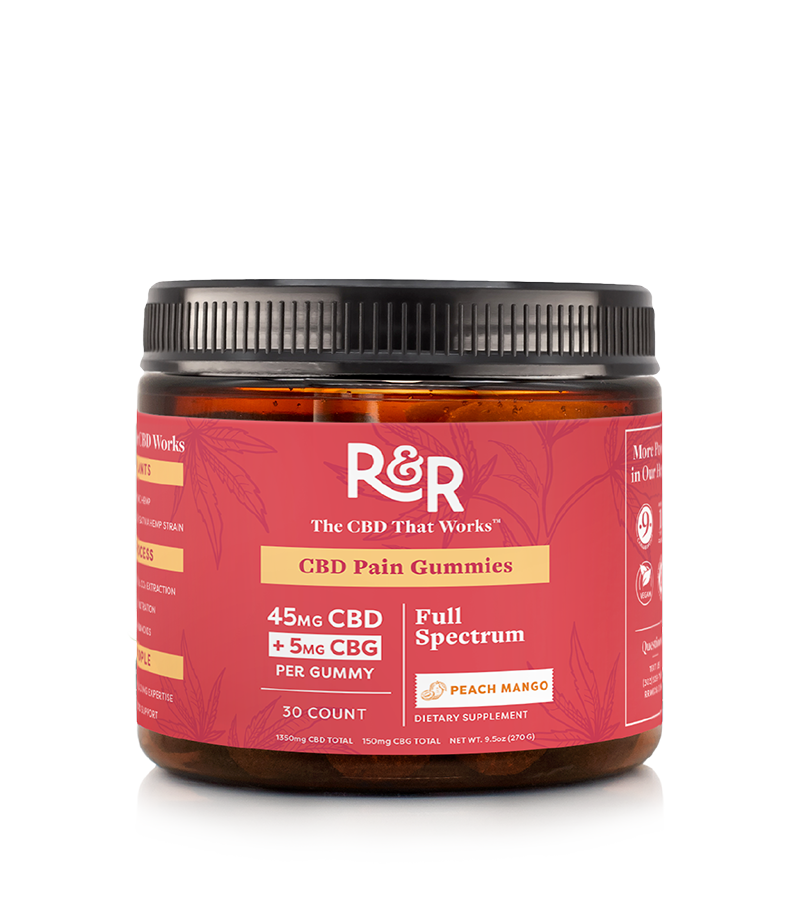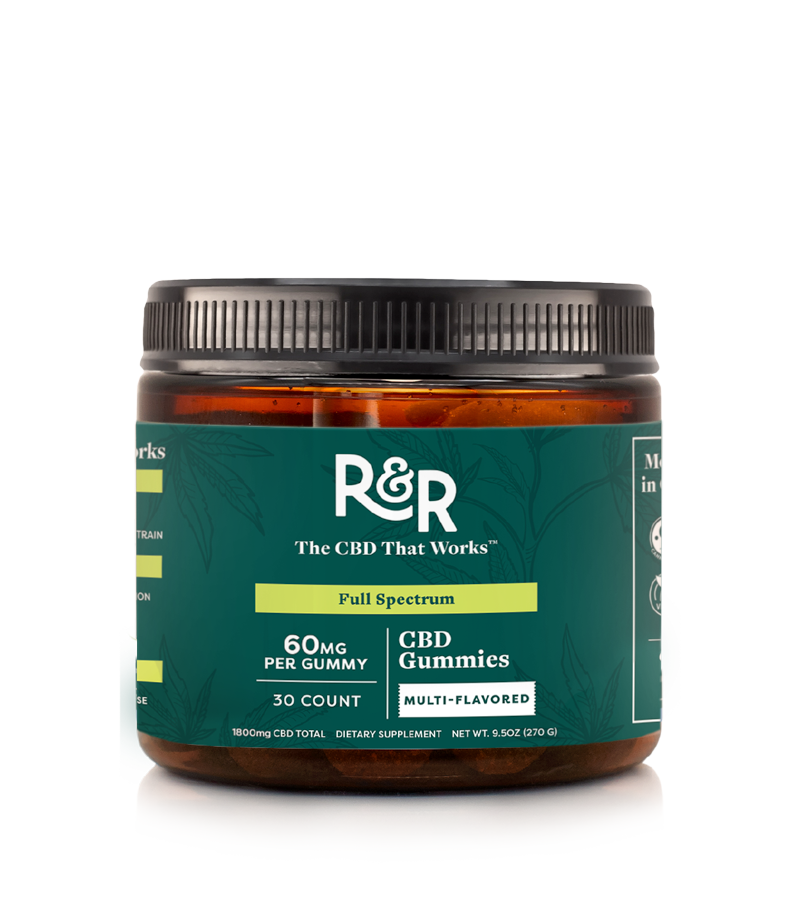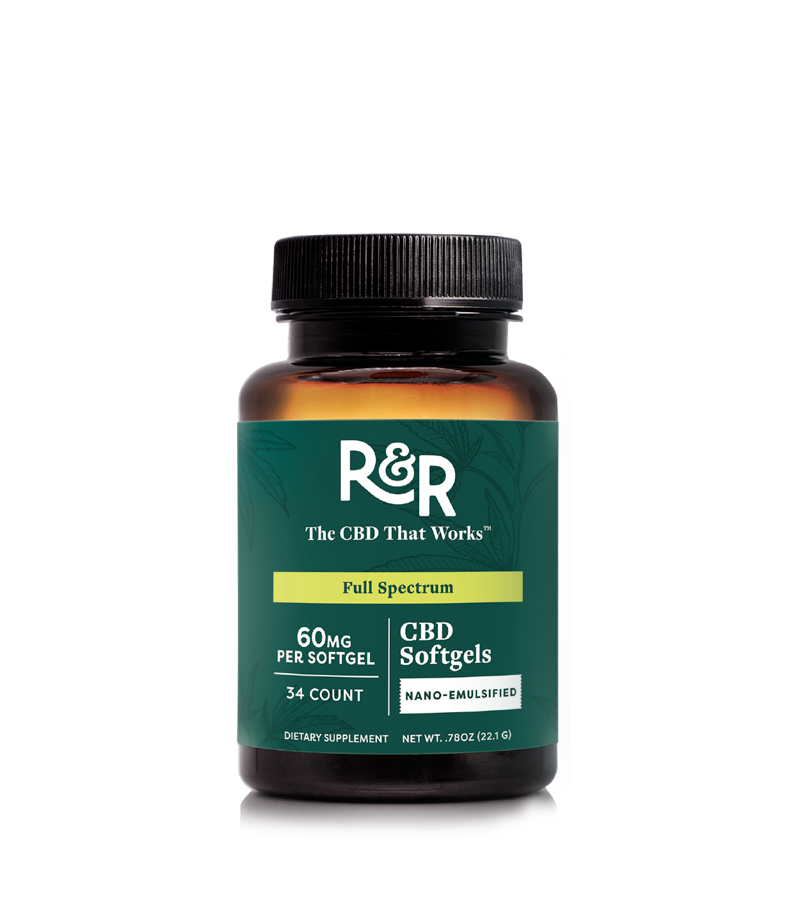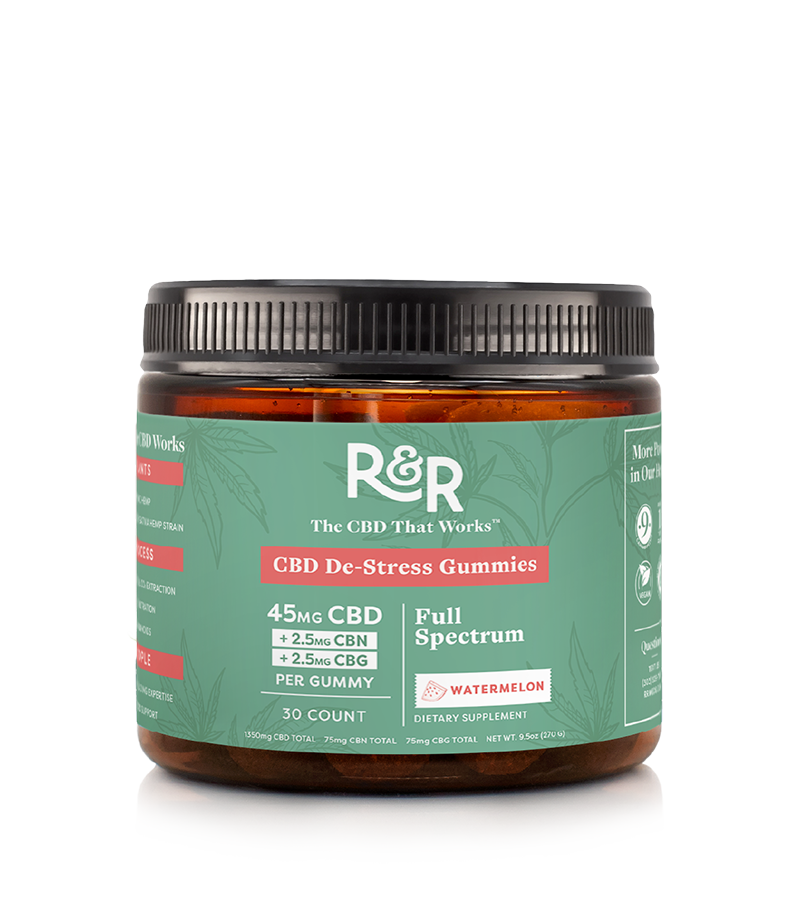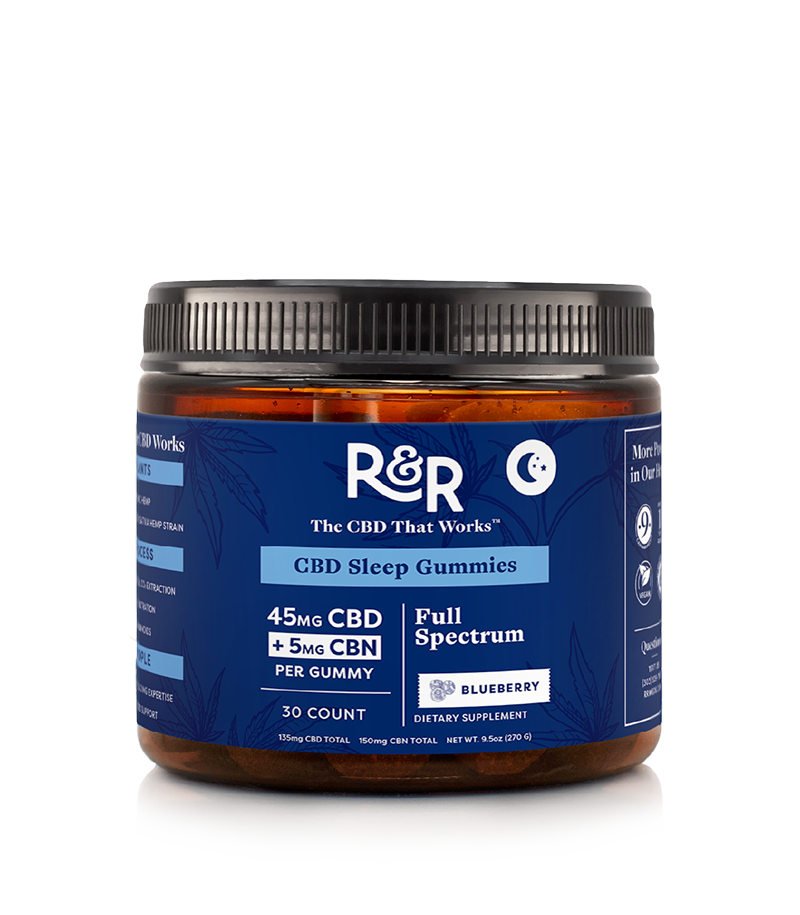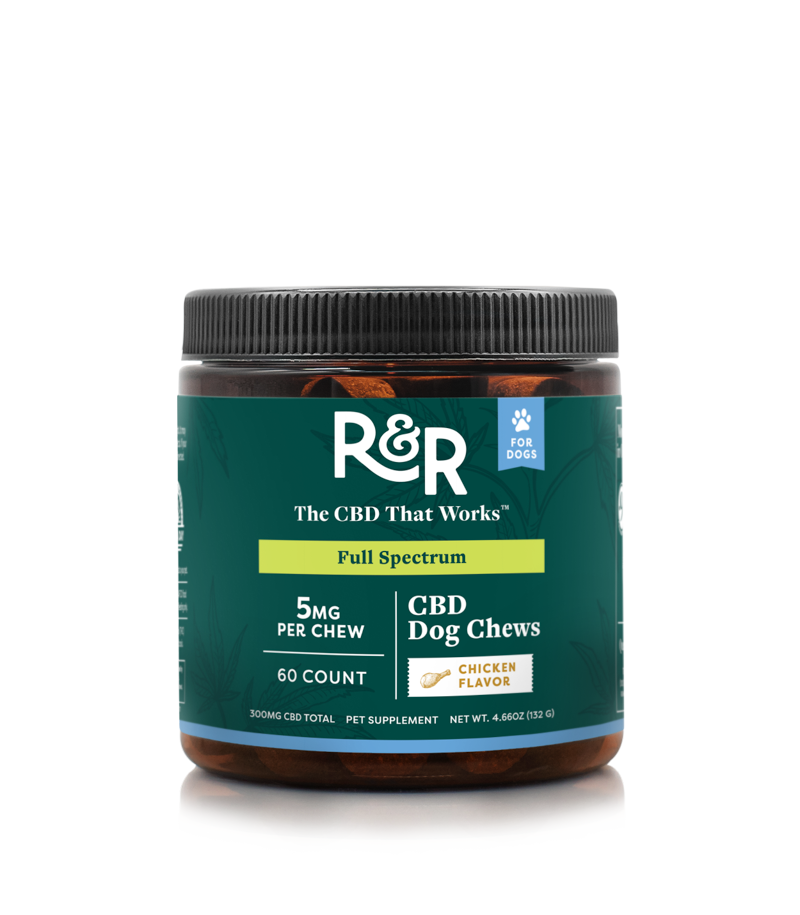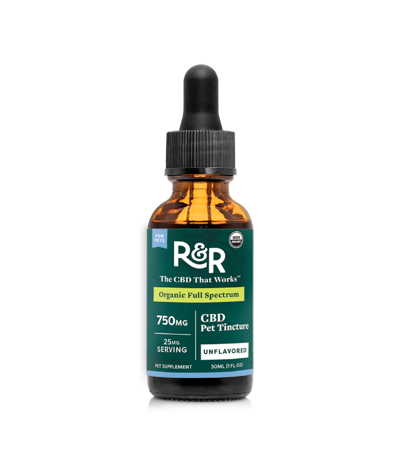Cannabigerol (CBG), often referred to as the "mother of all cannabinoids," is gaining attention for its potential health benefits. While cannabinoids like THC are well-known for triggering hunger (the "munchies"), CBG interacts differently with the body's endocannabinoid system.
In this article, we discuss whether CBG can stimulate appetite, its unique properties, and how it compares to other cannabinoids in influencing hunger.
Key Takeaways
-
Early studies suggest that CBG could increase hunger by interacting directly with CB1 and CB2 receptors in the endocannabinoid system.
-
Unlike THC, which induces "the munchies," CBG stimulates appetite without causing intoxication, making it a suitable option for those who prefer to avoid THC.
-
CBG’s appetite-stimulating properties may help individuals struggling with poor appetite due to medical conditions, medications, or treatments.
-
CBG’s effects on appetite can vary based on dosage, body weight, and individual tolerance.
What Is CBG?
CBG is a non-psychoactive cannabinoid found in hemp plants. It's one of over 100 cannabinoids identified in cannabis, but it's typically present in much smaller quantities than CBD or THC.
CBG is the precursor to other cannabinoids because it's the first cannabinoid produced in the hemp plant. As the plant matures, enzymes convert CBG into CBD, THC, and other cannabinoids.
How CBG Differs from CBD and THC
While CBD and THC are the most abundant cannabinoids in hemp, CBG is considered a minor cannabinoid due to its lower concentration. However, CBG’s unique properties set it apart from its better-known relatives.
Unlike THC, CBG is non-intoxicating, meaning it doesn’t induce the "high" associated with marijuana use. CBD is also non-psychoactive, but it interacts with the body's endocannabinoid system (ECS) differently than CBG.
CBG binds directly to CB1 and CB2 receptors in the brain and body, while CBD has little binding affinity for these receptors. Instead, CBD works by modulating the effects of other cannabinoids and influencing various receptor pathways.
How Does CBG Affect Appetite?
Like other cannabinoids, CBG's interaction with the body's endocannabinoid system may influence appetite and eating behaviors.
CBG's Potential to Stimulate Appetite
Some studies suggest that CBG could stimulate appetite, making you feel hungrier. For example, an experiment on rats found that CBG increased their food intake compared to a control group without producing adverse neuromotor side effects.
This finding positions CBG as a novel appetite stimulant. However, it should be noted that research findings on animals don’t always translate to humans. So, more research is obviously needed to validate this finding.
CBG's Impact on Meal Frequency and Food Intake
The same study also revealed that CBG affected meal patterns in the rats. The cannabinoid increased the number of meals consumed and reduced the time it took for the animals to start eating. However, CBG did not significantly increase the size or duration of individual meals.
Studies on CBG and Appetite in Rats
While these findings are promising, it's important to note that most research on CBG and appetite has been conducted on animal models, specifically rats. More studies are needed to determine if these effects translate to humans and to understand the optimal dosage and delivery methods for appetite stimulation.
Benefits of CBG for Appetite Regulation
CBG's appetite-stimulating properties may benefit individuals struggling with a lack of hunger or those seeking to support a healthy appetite without the psychoactive effects of THC. Other potential benefits include:
Supports Healthy Appetite Without Psychoactive Effects
Unlike THC, which is known for its intoxicating properties, CBG provides a potential alternative for stimulating appetite without making users "high.” This makes it an appealing option for those who want to maintain a healthy appetite.
May Help Individuals with Poor Appetite
CBG's ability to increase hunger could benefit individuals with poor appetite for various reasons, such as certain medical conditions, treatments, or medications. By stimulating appetite, CBG may help these individuals eat well and maintain a healthy weight.
CBG vs. THC: Which Is Better for Increasing Appetite?
When it comes to stimulating appetite, THC is the undisputed go-to cannabinoid. Its ability to induce "the munchies" is well documented, making it a popular choice for individuals seeking to bump up their food intake.
However, CBG is a promising alternative for those who want to avoid the psychoactive effects of THC. While research on CBG's appetite-stimulating properties is still limited, early studies suggest that it may effectively increase hunger without causing intoxication.
However, combining CBG and THC may offer the best of both worlds. The two cannabinoids work synergistically, potentially enhancing each other's effects on appetite. This combination could be beneficial for those who require a stronger appetite stimulus with minimal intoxication.
Our CBD Pain Gummies combine the potent hunger-inducing effects of THC with hemp-derived CBG to make you feel good. Besides helping with appetite, our all-natural, fast-acting, and effective Pain Gummies are designed to help you manage physical discomfort.*
If you have to choose between CBG and THC for increasing appetite, your individual needs and preferences are obviously key determinants.
If you don’t want intoxication, CBG may be the better option. However, if you're comfortable with THC's psychoactive effects and seek a more potent experience, THC or a combination of CBG and THC may be suitable.
As with any hemp product, start with a low dose and increase (gradually) as needed. Consult a healthcare professional to determine the best approach for your situation.
How Does CBG Interact with the Endocannabinoid System to Influence Appetite?
The endocannabinoid system (ECS) is a complex cell-signaling system that helps regulate various physiological processes, including appetite. CBG interacts directly with the ECS by binding to the CB1 and CB2 receptors.
CB1 receptors are primarily located in the central nervous system, including the brain regions responsible for appetite regulation, such as the hypothalamus. When CBG binds to these receptors, it influences the release of hormones and neurotransmitters that control hunger and satiety.
CB2 receptors are mainly found in the peripheral nervous system and immune cells. While their role in appetite regulation is less understood, they may indirectly influence eating behaviors by reducing inflammation and boosting gut health.
CBG's unique ability to bind directly to CB1 and CB2 receptors sets it apart from other cannabinoids like CBD, which has little binding affinity for these receptors. This direct interaction with the ECS may contribute to CBG's palpable appetite-stimulating effects.
Is CBG Safe for Appetite Stimulation?
While CBG shows promise as a natural appetite stimulant, it's important to consider its safety profile before incorporating it into your wellness routine.
Potential Side Effects of CBG
Research on CBG's side effects is limited, but early studies suggest it is generally well-tolerated. In a study conducted on rats, high doses of CBG did not produce significant adverse effects. However, as with any cannabinoid, individual responses may vary. That said, the possible side effects of CBG may include:
-
Dry mouth
-
Drowsiness
-
Changes in appetite or weight
-
Digestive issues
If you experience any side effects while using CBG products, discontinue use and consult a healthcare professional. They can help you determine if CBG is appropriate for your needs and guide you on proper dosage and administration.
Considerations for Individuals with Specific Health Conditions
CBG may interact with certain medications or exacerbate some health conditions. For example, if you have a history of eating disorders or struggle with maintaining a healthy weight, using CBG for appetite stimulation may not be advisable.
Similarly, if you have diabetes or other metabolic disorders, CBG's effects on appetite and food intake could potentially disrupt your blood sugar levels or treatment plan.
Pregnant and breastfeeding women should also exercise caution when using CBG, as there is limited research on its safety during these stages of life. To be safe, prioritize your healthcare provider's advice when incorporating cannabinoids into your wellness routine.
CBG Dosage for Appetite Stimulation

Finding the correct dose of CBG to stimulate appetite is key to achieving the desired effects. The optimal dose can vary depending on factors such as body weight, metabolism, and tolerance to cannabinoids, so it’s pretty much an inexact science.
-
Body Weight: Generally, individuals with higher body weight may require larger doses to experience the same effects as those with lower body weight.
-
Metabolism: How your body processes and metabolizes cannabinoids can impact the effectiveness of CBG. People with faster metabolisms typically feel the effects faster and vice versa.
-
Tolerance: If you have a history of using cannabinoids, you may have developed a higher tolerance, requiring larger doses to achieve the desired effects.
-
Product Potency: The concentration of CBG also influences the dose needed. Higher-potency products may require smaller doses and vice versa.
Starting with Low Doses and Gradually Increasing
When beginning your CBG journey, start with a low dose and gradually increase until you find the optimal amount for your needs. This allows you to gauge your body's response so that you don’t overwhelm it in case you experience adverse effects.
A typical starting dose for CBG is 5 to 10 mg per day, depending on the factors mentioned above. If you don't experience the desired effects after a few days, gradually increase the dose in 5 to 10 mg increments until you find the sweet spot that works for you.
Our CBD De-Stress Gummies give you 30mg of CBD, 2.5mg of CBN, and 2.5mg of CBG. This means they are perfectly dosed for beginners and experienced users. By working naturally with the body, our Stress Gummies reduce feelings of impatience and social anxiety so you can feel happier, more relaxed, and more social, helping you achieve a healthier lifestyle.*
Monitoring the Body's Response to CBG
As you experiment with different CBG doses, pay close attention to your body's response. Track changes in your hunger levels, eating patterns, and overall well-being. If you experience any unwanted side effects, such as digestive discomfort or drowsiness, reduce the dose or stop using CBG.
Remember that finding the effective dose for your needs may take trial and error. Be patient with the process and listen to your body's feedback. If you have any concerns or questions, seek guidance from a healthcare professional specializing in cannabis therapy.
Can CBG Help with Weight Management?
While CBG shows promise in regulating appetite, it's not a magic solution for weight loss. A healthy, balanced diet and regular physical activity remain the cornerstones of effective weight management.
However, CBG may support weight loss by influencing your eating behaviors and food intake.
It's important to remember that weight management involves multiple factors, including genetics, hormones, and lifestyle habits. As such, CBG should be used as a complementary tool rather than a standalone solution.
Therefore, to maximize the potential benefits of CBG for weight management, combine it with a well-rounded approach that includes:
-
Consuming a nutrient-dense, calorie-controlled diet
-
Engaging in regular physical activity
-
Managing stress
-
Getting adequate sleep to support hormonal balance and appetite regulation
-
Staying hydrated to support overall health and satiety
Is CBG the Best Natural Appetite Stimulant?
While CBG shows promise as a natural appetite stimulant, it's not the only option. Other natural compounds and herbs, such as ginger, peppermint, and fennel, have been traditionally used to boost appetite.
Ginger stimulates the digestive enzymes and increases gastric emptying, which may help alleviate feelings of fullness and promote hunger. Peppermint’s soothing effects on the digestive system can help reduce nausea and improve appetite. With its sweet and aromatic flavor, fennel has been shown to support digestion and increase appetite.
It's also worth noting that individual responses to CBG can vary. So, finding the correct dose may require some experimentation.
Remember, natural appetite stimulants should be part of a comprehensive approach to health and well-being. A balanced diet, regular physical activity, stress management, and adequate sleep are essential to maintaining a healthy appetite and overall wellness.
Final Thoughts
If you're exploring CBG to manage your appetite, R&R CBD offers high-quality CBG products that might fit your needs. With a commitment to transparency and purity, R&R CBD ensures you receive effective and reliable options.
Discover the best CBG products at R&R CBD today.
Frequently Asked Questions
Does CBG Affect Appetite?
CBG does not typically stimulate appetite in the way THC might, but it may help regulate digestive functions and maintain balance in the body.
What Are the Side Effects of CBG?
The side effects of CBG are generally mild and may include dry mouth, drowsiness, and low blood pressure.
What to Expect When Taking CBG?
When taking CBG, you may experience a sense of calm, focus, and possibly relief from discomfort or inflammation. It is generally non-intoxicating and doesn’t produce the high associated with THC.
Why Does CBD Make Me Hungry?
CBD may make you feel hungry because it can interact with receptors in the brain that regulate appetite. It also influences the ECS, which maintains homeostasis, including hunger and satiety.
Is CBG Better for Day or Night?
CBG is better for daytime use because it also boosts focus and energy. However, some people may find it relaxing enough to use at night.
Is CBG Stronger than CBD?
CBG is not necessarily stronger than CBD, but it does have different benefits. While CBD has better anti-inflammatory and calming properties, CBG promotes focus and clarity.


















